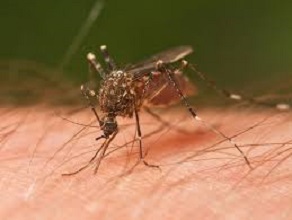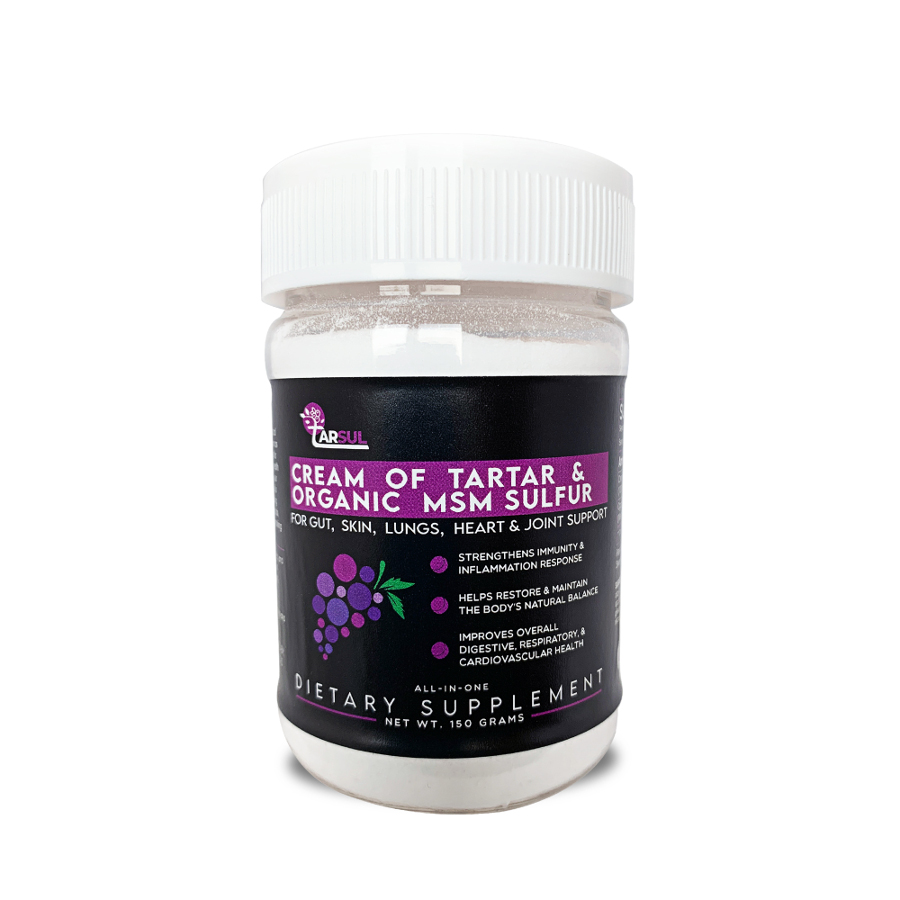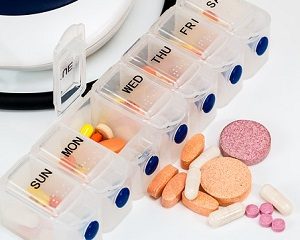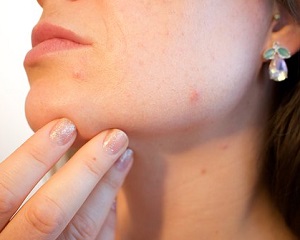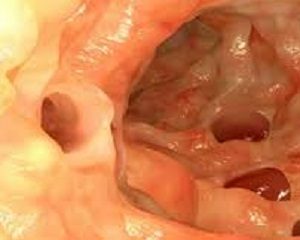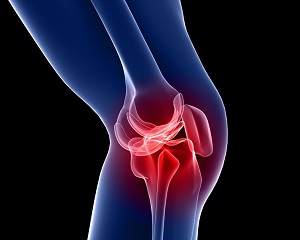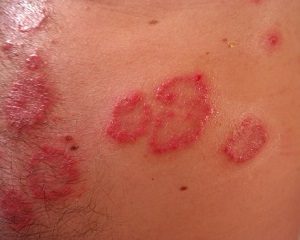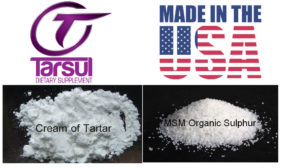Natural insect repellents have been around for 1000’s of years. The practice of hanging bruised plants in a house or burning to deter bugs is still in use today. The problem with most plant based remedies is that plant defense mechanisms work to defend the plant. Unfortunately, they don’t usually work as well for deer flies or mosquitoes that key into our body odors or breath.
DEET is the most common insect repellent. It has been in use since 1947. It is used by the World Health Organization (WHO) as a control in studies for it’s ability to stem outbreaks of insect borne diseases. In other words DEET is the standard others are measured by.
Interestingly, there are essential oils that which come close to the performance of the best chemical methods. PMD from lemon eucalyptus (Corymbia citriodora) extract is an effective plant based repellent. It is recognized by the US Centers for Disease Control (CDC) for use in disease endemic areas.
Are DEET and PMD safe for the environment?
There is an underlying problem with both DEET and PMD. Neither have EPA (Environmental Protection Agency) registration for use as an insect repellent. We can interpret this as a possibility that both formulas may be harmful to the environment. How can a little bug spray hurt? You ask…
Hawai’i recently banned the sale and distribution of non-reef-safe sunscreen. It turns out that elements in sunscreen were contributing to destruction of tropical reefs the world over. An estimated 400 pounds of sunscreen per day was spread on just one of O’ahu’s popular snorkeling destinations. This is just for the daytime on beaches or lagoons that tourists visit. What about insect repellents used on every beach, bay, lake, river, stream, forest, jungle, desert or mountain on the planet? How can we be sure that insect repellents aren’t responsible for bat die-offs or bee colonies caving in? The answer is: We can’t!
There is a way to deter insects without rubbing or spraying on topical potions. Tarsul’s ingredient MSM sulfur may help repel insects when ingested. The way it works is: our bodies produce sulfurous gasses which enhance healthy cellular interaction. Our cells need sulfur and constantly trade it with other cells. Some sulfurous gasses may escape through our breath or skin pores. The escaping sulfurous gasses mask the scents insects are seeking and the insects fly over to someone else. That is how all topical insect repellents work but each uses a different scent to do the job.
Can garlic act as insect repellent?
One anecdotal pest deterrent is to eat lots of garlic. There are no studies to prove this works but we can see a correlation. Vegetables such as garlic, onions, leeks, cabbage and kale all have lots of sulfur in them. That smelly garlic breath that scares your friends away may do the same for biting insects. The sulfur is what makes it smelly. The trick with Tarsul is to only eat enough so the insects notice and not your friends. Less than one teaspoon per day should do it. It will also help add sulfur which most of us are lacking in our diets.
The link between insect repellent and cream of tartar is tentative. If you are visiting us here then you may have notice websites touting lemon flavored tablets of sulfur and cream of tartar. It seems they were quite popular in the American south and mid-west (mosquito country). The lemon powder helps the tablet stick together and enhances the cream of tartar’s pleasant acidulous taste. The organic sulfur (MSM) in Tarsul has no taste. At Tarsul, we believe the tablet’s recipe stems from 100 year old formulas that treat the digestive system. Furthermore, the reports of efficacy in deterring insects can be seen as evidence of a harmless side-effect.
The beneficial side effects of Tarsul…
In fact, Tarsul is all about harmless side effects. It is not a targeted system like most drugs. Tarsul is a dietary supplement intended to replace missing nutrients in our diet. Most importantly, Tarsul’s side effects may apply positively to hypertension, hemorrhoids, constipation, acne, psoriasis, IBS and others. Isn’t it better to use something that has good side-effects? What if we could use something that is naturally inside our bodies and in every drop of sea water? Why not use something that, if you dumped it in your garden it would make your plants grow stronger and produce more? You can see where we are going with this…

